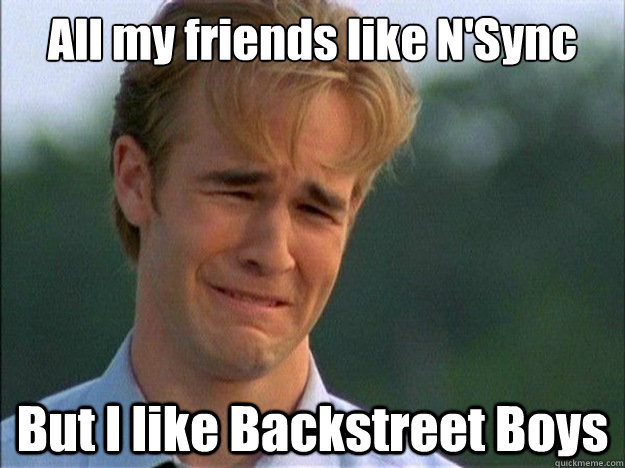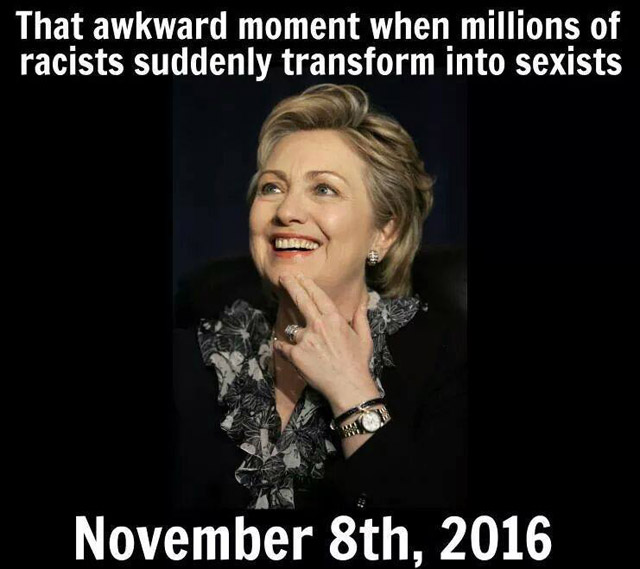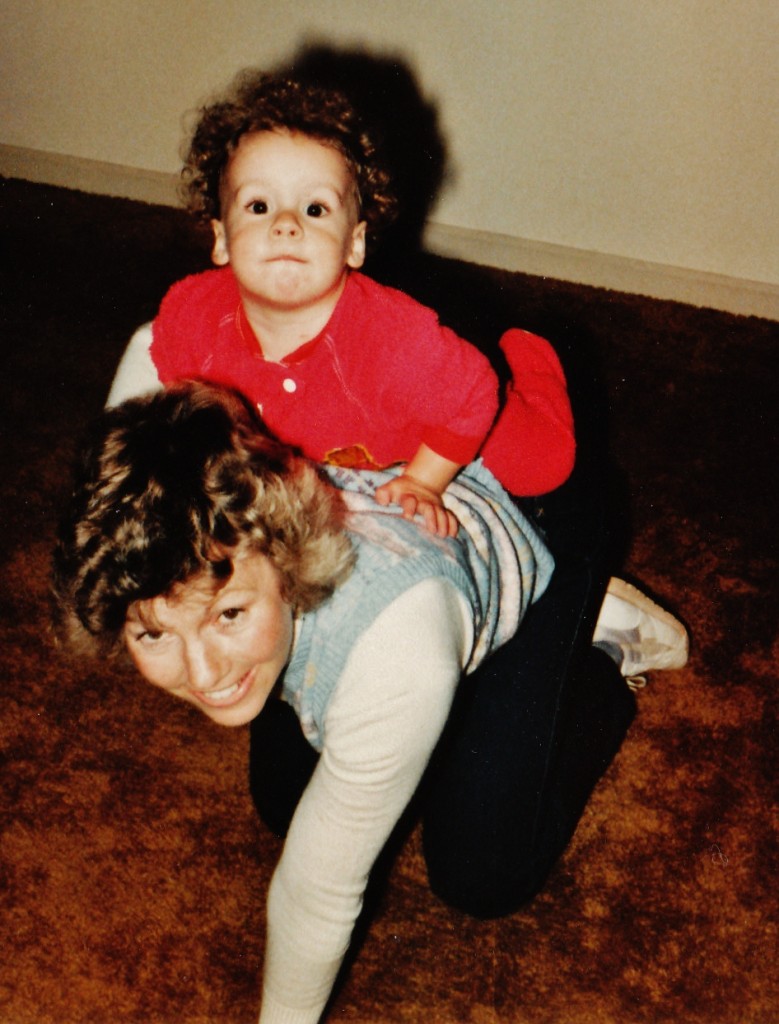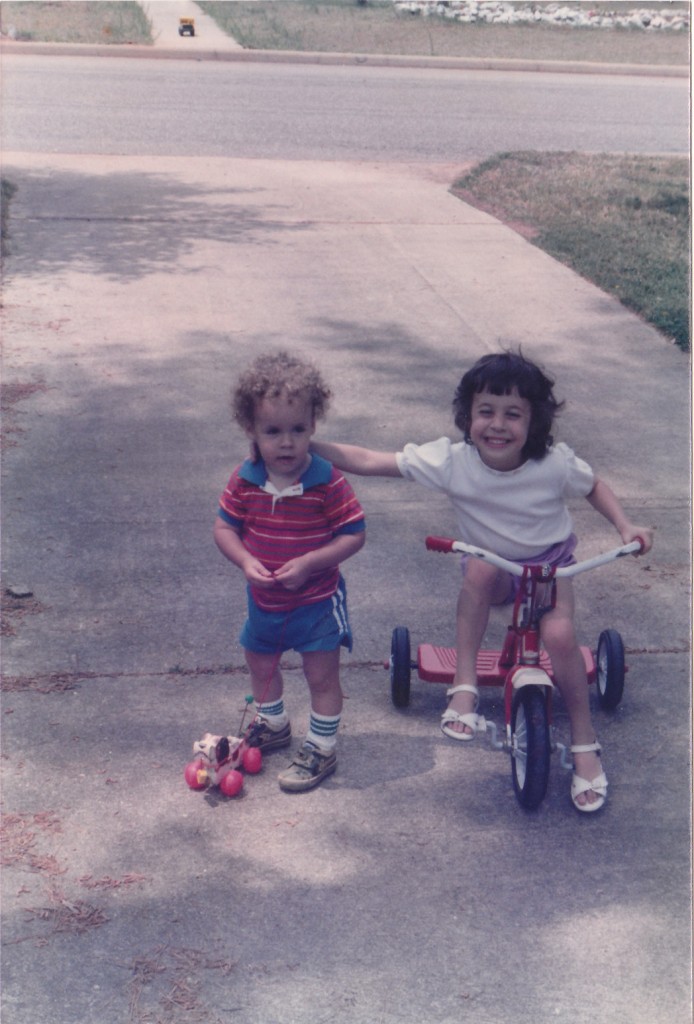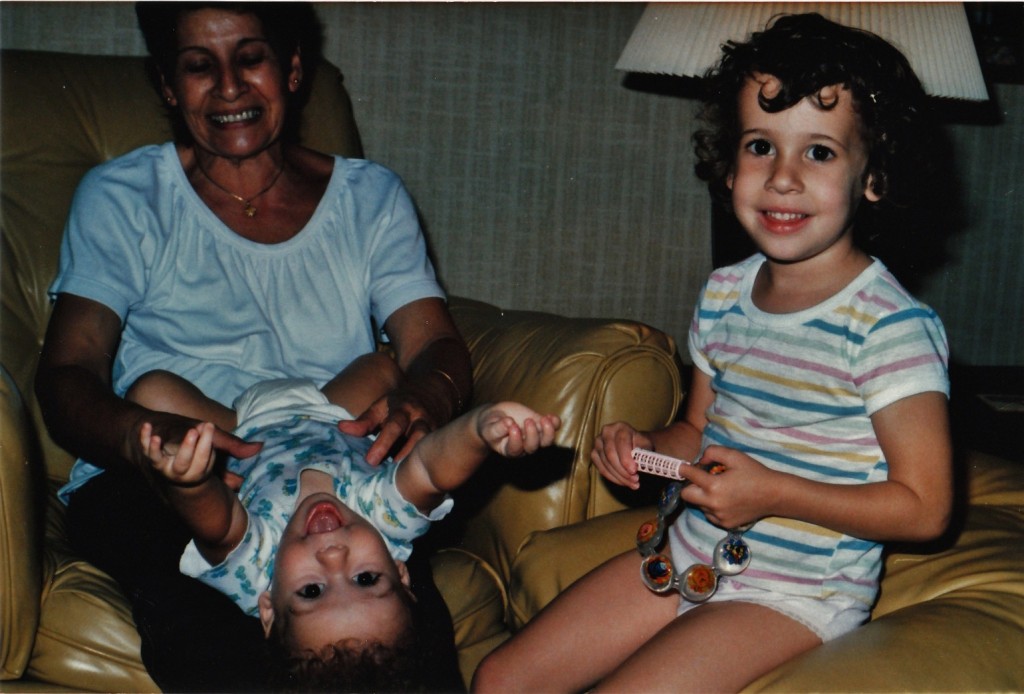Everyone at work today remarked about how well I looked – how much more rested and less stressed I appeared. I replied with comments about the curative power of Alabama’s micaceous red clay, gave a fake smile or two, and inwardly rolled my eyes.
The past several days have been exhausting in every way imaginable – in many ways for positive reasons, with one notable exception.
The staggering toll of the Orlando hate crime seeps into the fore of my mind every other moment. The faces of the dead slowly begin to emerge; we learn about their lives, loves, passions, dreams – all cut short by the hands of a disgusting waste of human flesh. His selfied face becomes the one plastered across the subconscious of so many television viewers – not those of his victims. And it makes me ill.
So many of my LGBTQ friends are having a hard time with this one, which is a horrible thing to write – “this one,” as if the other tragic mass shootings are any less horrific. But the fact of the matter is this was a hate crime – a deliberate, calculated attack on the lives of LGBTQ people.
It is different for us.
***
A tiny bar tucked away in the far reaches of Tuscaloosa’s downtown, Michael’s was more than a bar; it was a haven for fledgling LGBTs, each like me – unsure, cautious, exhilarated, terrified. But despite those initial feelings of unease, I felt safe when I passed through the doors; these were my people.
It was one of the first places I felt comfortable in my own skin, and the first place I got groped by a crush and felt alive in a way I’d never felt before. I laughed and screeched along to horrible karaoke and stuffed dollar bills into a drag show performer’s nylons for charity; I started to transform into someone I felt could actually make a life and be happy.
And then my friends and I stepped back outside, into the cool of the deeply late evening.
“FAGS!”
“COCKSUCKERS!”
“ASS-LICKERS!”
A bottle shattered in the gutter.
My mind stopped working; my self-esteem plummeted, and I reverted to my antisocial cocoon – all while humming to myself, “Get back to the car. Just get back to the car.”
The small group of fraternity brothers hovered on the side of the street opposite the bar door; they raised their fists, spat, gave us the finger, and made sudden, aggressive moves toward us.
Just get back to the car, back to the goddamned car…
I was sobering up fast. But then, the unexpected happened.
“OKAY! YOU WANNA ROLL, MOTHERFUCKERS? C’MON, I’LL DRIVE MY FIST SO FAR UP YOUR ASSES…”
Our self-described matriarch began crowing back, which is when I realized a few things.
We’re not punching bags.
We can fight back.
We’re in much better shape than them.
We can be scary too.
We’re family.
We took up a cacophonous chorus, each of us stitching together our entire repertoire of obscenities, and watched the band of misfits melt back into their beer-soaked truck, disappearing entirely.
For the first time, I felt I had a voice.
I felt alive.
I felt I could make a difference.
I felt right.
***
A decade later, I know there will always be broken glass to dodge. But I do know something for certain: I am right.
And so were all the victims.
Edward Sotomayor Jr., 34
Stanley Almodovar III, 23
Juan Ramon Guerrero, 22
Eric Ivan Ortiz-Rivera, 36
Luis S. Vielma, 22
Peter O. Gonzalez-Cruz, 22
Luis Omar Ocasio-Capo, 20
Kimberly Morris, 37
Eddie Jamoldroy Justice, 30
Darryl Roman Burt II, 29
Deonka Deidra Drayton, 32
Anthony Luis Laureanodisla, 25
Jean Carlos Mendez Perez, 35
Franky Jimmy Dejesus Velazquez, 50
Luis Daniel Wilson-Leon, 37
Mercedez Marisol Flores, 26
Xavier Emmanuel Serrano Rosado, 35
Gilberto Ramon Silva Menendez, 25
Oscar A Aracena-Montero, 26
Simon Adrian Carrillo Fernandez, 31
Enrique L. Rios Jr., 25
Miguel Angel Honorato, 30
Javier Jorge-Reyes, 40
Jason Benjamin Josaphat, 19
Cory James Connell, 21
Juan P. Rivera Velazquez, 37
Luis Daniel Conde, 39
Jonathan Antonio Camuy Vega, 24
Christopher Andrew Leinonen, 32
Frank Hernandez, 27
Shane Evan Tomlinson, 33
Brenda Lee Marquez McCool, 49
Angel L. Candelario-Padro, 28
Geraldo A. Ortiz-Jimenez, 25
Akyra Monet Murray, 18
Paul Terrell Henry, 41
Antonio Davon Brown, 29
Christopher Joseph Sanfeliz, 24
Alejandro Barrios Martinez, 21
Rodolfo Ayala-Ayala, 33
Tevin Eugene Crosby, 25
Yilmary Rodriguez Solivan, 24
Joel Rayon Paniagua, 32
Juan Chevez-Martinez, 25
Jerald Arthur Wright, 31
Leroy Valentin Fernandez, 25
Jean C. Nieves Rodriguez, 27
May they rest in power, their memories kept alive in the fight for justice, compassion, and understanding.
For our humanity.

